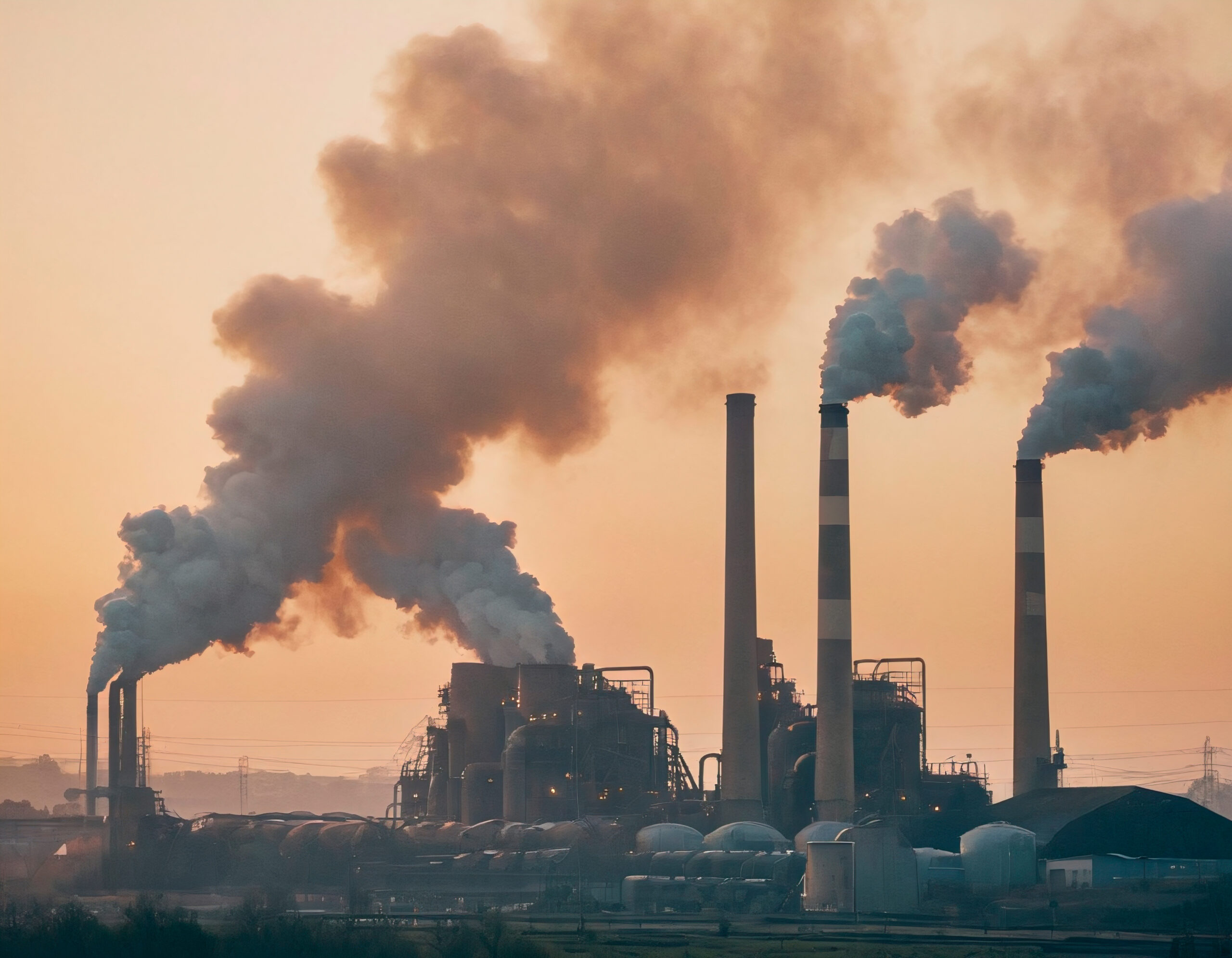Knowledge
It is crucial for sustaining life, providing the oxygen necessary for humans, animals and plants to breathe. It also protects us from harmful radiation and helps regulate the Earth's temperature.

WHY IS IT SO IMPORTANT?
Air is the mixture of gases that surrounds the Earth, consisting mainly of nitrogen (about 78%) and oxygen (about 21%), with trace amounts of other gases. It is a key element for life, enabling organisms to breathe.
If you care about nature conservation - and we know you do - then you need to be aware that air quality is invaluable! It affects both human health and entire ecosystems.
Scientists confirm: It's bad
Scientific data indicate that pollution has both natural sources and - above all - is related to human activity (anthropogenic pollution).
This is a problem that absolutely cannot be ignored and is caused by the introduction of solid, liquid and gaseous substances into the atmosphere.

A lethal mixture - smog
Smog is an atmospheric phenomenon consisting of a mixture of smoke, exhaust fumes and dust in the air, which forms a dense fog, especially in cities.
It is mainly created by emissions from industry, transport and home heating, especially in winter.
The effects of air pollution are complex and include not only health risksbut also impacts on climate, soil quality and aquatic ecosystems.
It is therefore imperative that we say: STOP and put in place countermeasures: reducing emissions, developing environmentally friendly technologies and educating people about the effects of air pollution. Will you help!
What exactly are we harming?
-
Transport
Motor vehicle emissions, especially vehicle exhaust, are a significant source of air pollution, including nitrogen oxides and particulate matter.
-
Heating of buildings
Fuels used for heating, especially in traditional cookers, are another source of air pollutant emissions such as sulphur oxides and particulate matter.
-
Industry
Industrial activities, including manufacturing, also generate emissions of air pollutants such as chemicals and dust.
-
Energy and agriculture
Emissions related to energy or agriculture, particularly from fuel combustion processes, are a major source of air pollution, including nitrogen oxides and sulphur dioxide.
Billions through smog
Smog components such as nitrogen oxides, sulphur oxides and particulate matter have harmful effects on human health and the environment.
The costs of smog in Poland are enormous, according to a Greenpeace report and Deloitte analyses they amount to between PLN 57 and 132 billion per year! These include expenses for the treatment of diseases caused by smog.
-
Human health
-
Environment
-
Enormous costs
Global warming
Global warming is also linked to air pollution. Greenhouse gases, such as carbon dioxide, methane and fluorinated gases, are emitted during the combustion of fossil fuels. These gases 'trap' heat in the atmosphere (i.e.: they are able to trap heat in the Earth's atmosphere), leading to an increase in the Earth's temperature and contributing to the greenhouse effect.
